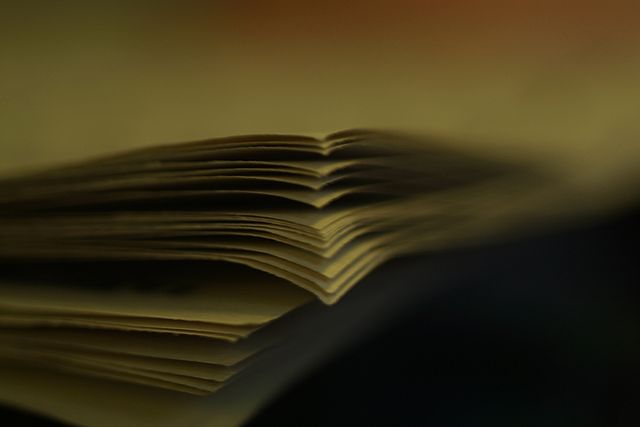Turning back the ponderous sepia tinted leaves of history pertaining to the Indo-Pak war of 1965, brings to my mind the images of a world divided.Yet even though ruthless bloodshed and schisms rent the atmosphere between man and man, the eventual triumph of humanity was the sore balm for an anguished psyche. I travel back to the period when the hostilities between the two countries were nearly over and an uncanny ceasefire had been declared. Indian troops had crossed the Ichogil canal, overrun the small town of Burki and were almost at the outskirts of lahore, the seat of power and political imbroglio. The Indian army was exulting over its hard won victory.
I was commanding a small contingent of soldiers as a rear party to eliminate any remaining pockets of resistance. We usd to reconnoiter in jeeps carrying LMG’s, rocket launchers and assault rifles as a daily ritual, to assuage any threats of skirmishes.The somberness that pervaded was symbolic of any uneasy calm which was fragile enough to be shattered into a thousand fragments, with the slightest of provacation. One fine day going cross country through a battle ravaged area, we heard loud sounds of Islamic prayer coming from a mosque hidden in the shade of a grove of mango trees. We were intrigued. We never expected to find religious zealots in this area north of Burki, which had in recent past been quite a war zone. In our new found position of authority,we decided to investigate.
We dismounted from our vehicle and approached the mosque silently and cautiously, always vigilant to the possibility of being fired upon by the unknown enemy. We faced the open entrance with our weapons ready to face any surprise attack. I entered the mosque after removing my boots and surveyed the interior. All seemed peaceful. What met my eyes was an uncharacteristic sight. I saw an elderly lone mullah with a flowing white beard crouched upon a small folding reading stand and reading loudly from the Quran, swaying from front to back, in a large quadrangle. He looked up and he looked shocked.His piety had been trespassed upon. Probably,even in those days of violence and vitiation he did not expect to face Indian army troops dressed in battle fatigues and carrying assault weapons that were pointing at him.
He hurriedly stood up, expecting the worst from us. After all we were not of his kind and were the aggressors in his sanctum sanctorum. I attempted to put him at ease by saying, “Please don’t get scared. We will not harm you in any way.” But trust is what we did not hold in his eyes. We put our rifles down.Each movement of ours seemed to shatter his confidence in us. I attempted to further his confidence in us.I attempted to further the conversation but he thought it best to flee.Not even attempting to pick up his round rimless spectacles which he had left perched on the holy book, he fled from a rear gate, vanished without giving us any further chance to reassure him of our intentions.
I gathered the holy book and the spectacles and came out. One of my jawans who was a Sikh removed his turban and folded it around the book and spectacles with awe and reverence.
Returning back to my unit, I narrated the incident to the Officer Commanding. He was equally moved. With folded hands and religious mien,he took possession of the items. He gave it to the higher headquarters with all solemnity and reverence. A sole man’s faith was translated into a belief in universal brotherhood.

